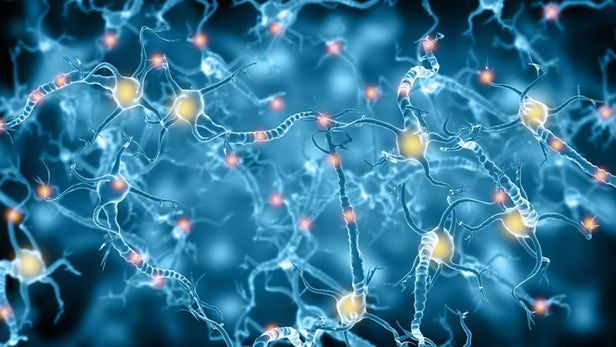Cerebral small vessel disease (SVD) is one of the most commonly associated causes of age-related dementia and stroke. New research, led by the University of Edinburgh, may have finally uncovered the mechanism by which SVD causes brain cell damage, as well as a potential treatment to prevent the damage, and possibly even reverse it.
SVD is thought to be responsible for up to 45 percent of dementia cases, and the vast majority of senior citizens are suspected of displaying some sign of the condition. One study strikingly found up to 95 percent of subjects between the ages of 60 and 90 displayed some sign of SVD when examined through MRI scans.
The new research set out to examine early pathological features of SVD and found that dysfunction in endothelial cells are some of the first signs of the disease’s degenerative progression. These are cells that line small blood vessels in the brain and, in early stages of SVD, they secrete a protein that impairs production of myelin, a compound essential for the protection of brain cells.
